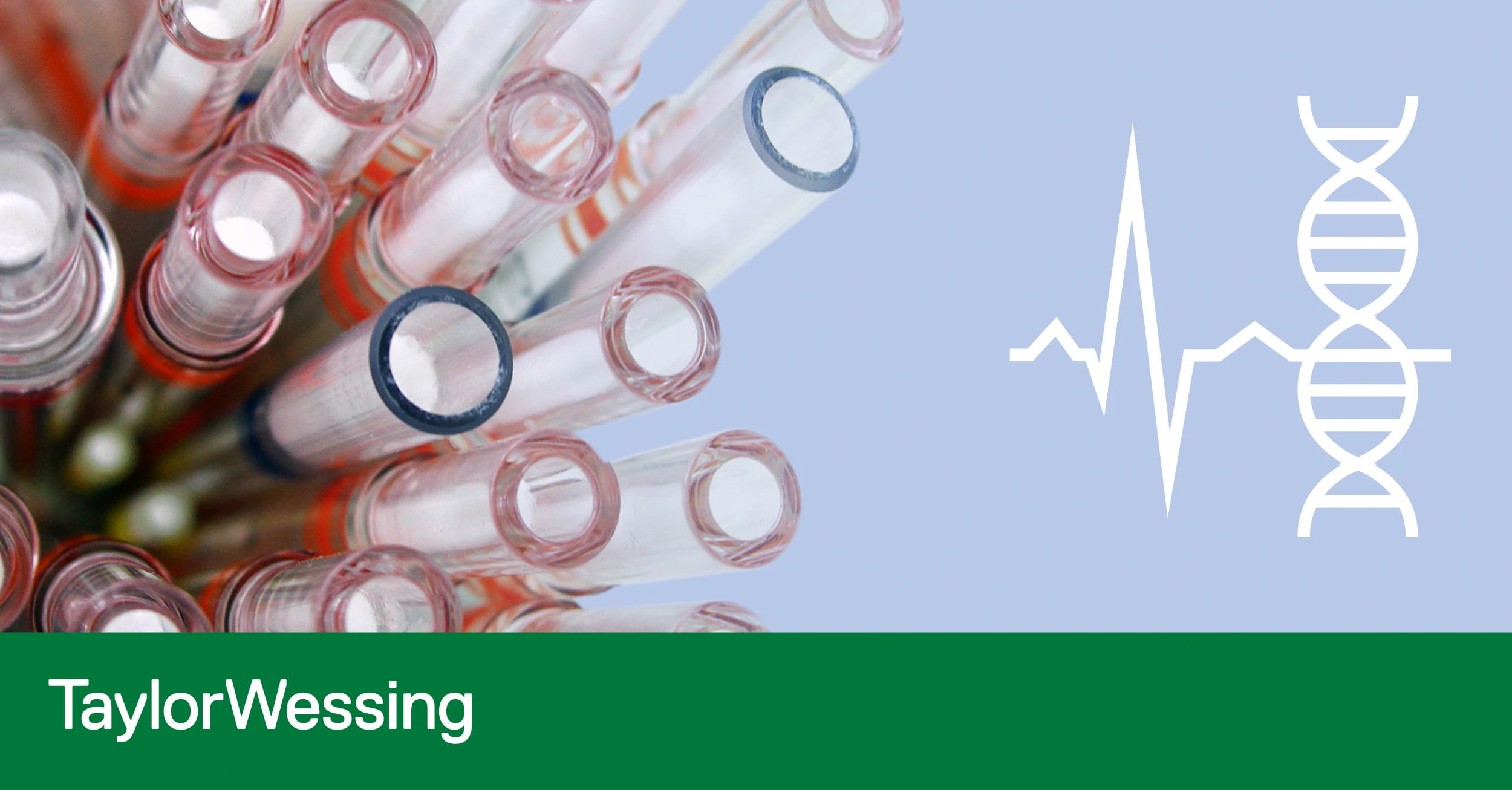On March 6, 2025, the Higher Regional Court of Frankfurt am Main issued a ruling related to the advertising and prescription practices for medical cannabis. The case stemmed from a dispute between the Center for the Prevention of Unfair Competition (Wettbewerbszentrale) and a service provider that facilitated medical cannabis prescriptions through its website.
The service provider had established a remuneration agreement with doctors, entitling them to receive between 60% and 79% of the gross medical fees for each patient referred through the platform. Additionally, the website advertised services such as “initial medical consultations on site or digitally” and promoted the use of cannabis for medical purposes, although it did not sell the cannabis itself.
The plaintiff argued that these practices were anti-competitive and sent a warning letter to the service provider in April 2023, which went unheeded. Following a partial ruling by the Regional Court of Frankfurt am Main on February 27, 2024, the Higher Regional Court addressed several key issues in its recent decision.
Brokerage Fees and Professional Law Violations. The court determined that the remuneration structure of 60% to 79% did not represent a fair exchange for the services rendered but instead constituted a concealed commission for patient referrals. This arrangement violated Section 31 para. 1 of the Professional Code for Physicians (MBO-Ä), which prohibits any financial incentives for patient referrals. The service provider, who created and distributed the contract templates, was found to share responsibility for these violations under unfair competition law.
Advertising Violations. The court ruled that the website’s claims of offering initial consultations, whether in person or digitally, breached the advertising restrictions for remote treatment outlined in Section 9 para. 1 of the Healthcare Advertising Act (HWG). The court noted that a significant portion of the audience would interpret these statements as implying that consultations could occur without an in-person visit, which conflicted with the requirements for prescribing medical cannabis at that time.
While personal consultations for medical cannabis prescriptions are no longer mandatory, the court emphasized that current professional standards still necessitate personal contact for such prescriptions. The defendant failed to adequately demonstrate otherwise.
Furthermore, the court determined that the defendant’s promotional statements regarding prescription medical cannabis, such as “Cannabis for medical purposes,” violated Section 10 para. 1 of the HWG. The court concluded that these statements constituted improper advertising aimed at influencing consumer demand for prescription cannabis, which is strictly regulated. The court made it clear that even though the service provider did not directly sell cannabis, its advertising efforts could significantly impact consumer behavior in favor of medical cannabis.
The ruling from the Higher Regional Court of Frankfurt am Main reinforces the stringent standards governing the advertising of prescription medications, including medical cannabis. Legal experts anticipate that future cases may continue to align with this decision, emphasizing the need for caution in advertising practices within the medical cannabis sector. While the decision is not yet final and an appeal has been granted, it serves as a pivotal point for how medical cannabis can be marketed in Germany.




